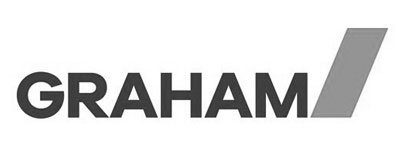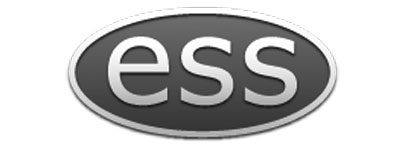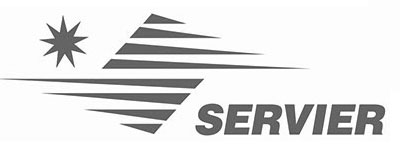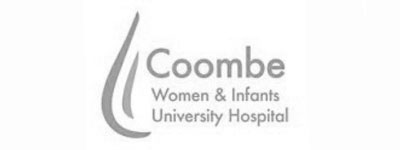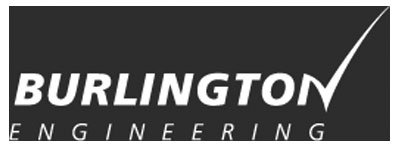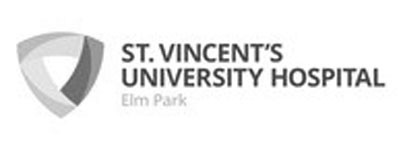Fixed Wire Electrical Testing
Electrical Inspection Condition Report (EICR)
Periodic Inspection Report (PIR)
Fixed Wire Electrical Testing
improve safety | maintain compliance | reduce risk
Fixed wire testing ensures that the natural deterioration and occasional damage that occurs throughout the life of an installation is monitored and identified for repair or upgraded if necessary.
We will inspect all of the hard wiring in the premises which includes items such as main panels, distribution boards, lighting and socket outlets.
Fixed wire testing is often referred to as:
Electrical Installation Condition Reporting
EICR
Periodic Inspection and Testing
Hard Wire Testing
Fixed Testing
Periodic Testing
Electrical Testing
Fixed Wire Testing involves the testing of electrical services and systems that conduct electricity around a building. It covers all of the hard wiring in a building and includes items such as main panels, distribution boards, lighting, socket outlets, air conditioning and other fixed plant. The testing involves performing a sequence of rigorous visual inspections and electrical tests on all systems in the building.
Fixed Wire Testing inevitably causes some disruption on the site due to the requirements for disconnecting electrical circuits at various times during the testing. For this reason, we’re happy to attend out of hours, in the evenings or at the weekend.
The results and extent of fixed wire electrical testing should be recorded on an Electrical Installation Condition Report (EICR) and provided to the person ordering the inspection. The report will include the extent of the work, limitations, details of defects and dangerous conditions, and schedules of inspections and test results.
Immediately dangerous conditions should be rectified or reported without delay to the relevant duty holder. Other recommendations and observations should be reported using a numbering system to indicate the severity of each observation.
Upon completion of fixed wire testing we will provide a no obligation quotation for any repair works identified.
Employers are responsible for ensuring the health and safety of employees and members of the public on their site and to ensure that they are not at risk from their work activities.
The Health and Safety at Work Act 1974 states “It shall be the duty of every employer to ensure, so far as is reasonably practicable, the health, safety and welfare at work of all his employees.”
The Electricity at Work Regulations 1989 are made under The Health and Safety at Work Act 1974. Regulation 3 of the Electricity at Work Regulations recognises a responsibility that employers and employees have for electrical systems.
Regulation 3 from The Electricity at Work Regulations 1989: Persons on whom duties are imposed by these Regulations.
The legislation of specific relevance to electrical maintenance and fixed wire installation testing is the Health & Safety at Work Act 1974, the Management of Health & Safety at Work Regulations 1999, the Electricity at Work Regulations 1989 and the Workplace (Health, Safety and Welfare) Regulations 1992.
The Health & Safety at Work Act 1974
The Health & Safety at Work Act puts the duty of care upon both the employer and the employee to ensure the safety of all persons using the work premises. This includes the self-employed.
The Management of Health & Safety at Work Regulations 1999: Risk Assessment
“(1) Every employer shall make a suitable and sufficient assessment of—
(a) the risks to the health and safety of his employees to which they are exposed whilst they are at work; and
(b) the risks to the health and safety of persons not in his employment arising out of or in connection with the conduct by him of his undertaking.”
The Electricity at Work Regulations 1989: Regulation systems, work activities and protective equipment
“(1) All systems shall at all times be of such construction as to prevent, so far as is reasonably practicable, danger.
(2) As may be necessary to prevent danger, all systems shall be maintained so as to prevent, so far as is reasonably practicable, such danger.
(3) Every work activity, including operation, use and maintenance of a system and work near a system, shall be carried out in such a manner as not to give rise, so far as is reasonably practicable, to danger.
(4) Any equipment provided under these Regulations for the purpose of protecting persons at work on or near electrical equipment shall be suitable for the use for which it is provided, be maintained in a condition suitable for that use, and be properly used.”
Scope of the legislation
The Health and Safety at Work Act 1974 and the Electricity At Work Regulations 1989 apply to all electrical equipment used in, or associated with, places of work. The scope extends from distribution systems down to the smallest piece of electrical equipment.
It is clear that there is a requirement to inspect and test all types of electrical equipment in all work situations in order to keep the employer and employee safe.
In addition to the above legislative requirements some or all of the following types of organisations may also require that an electrical inspection and test programme is implemented:
Insurance Companies
Mortgage Lenders
Licensing Authorities
Public Bodies
Landlords
The frequency of periodic inspection and testing must be determined taking into account:
- the type of installation
- its use and operation
- the frequency and quality of maintenance
- the external influences to which it is subjected
This table provides guidance on the frequency of formal inspections of electrical installations as well as routine checks.
Just some of the industries we deliver our services include:
Officies
Schools
Hospitals
Airports
Data Centres
Hotels
Banks
Factories
Services
Everything You Need
Contact us today to find out how we can help you remain compliant with your electrical Health & Safety requirements
Our Clients

Working together with facilities managers and owners to offer cost effective solutions to help you remain compliant with ever-changing Health & Safety legislation.
Copyright © 2021 Konnected Facilities Services Ltd.
Company Registration: NI665670

